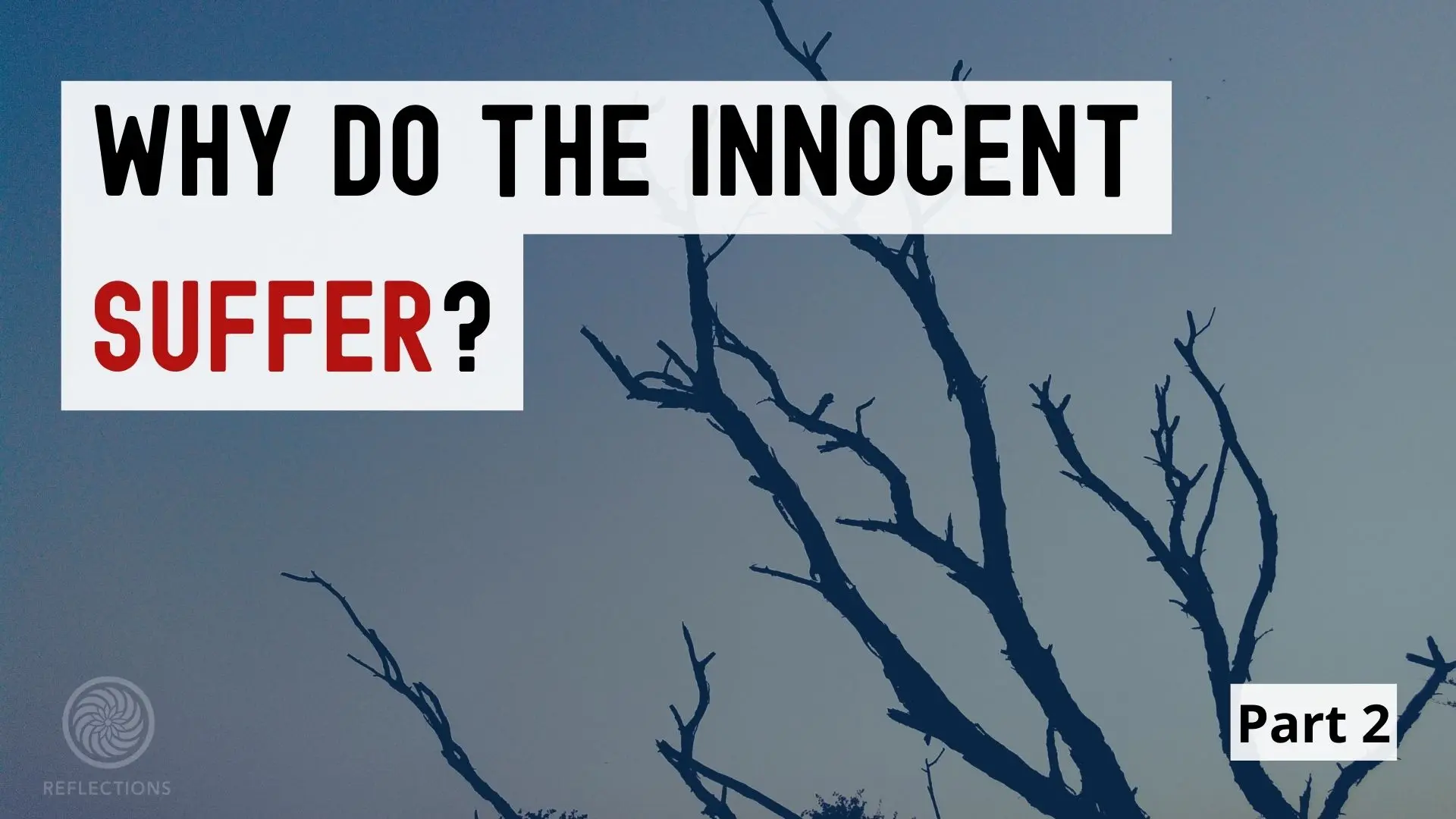Despite the complexity of the problem of evil, there are really only three options as an answer:
- Evil exists; God doesn’t
- God exists; evil doesn’t
- God exists; evil exists
Of these options, only the view that God exists and evil exists is robust enough to give us hope.
Eliminating God from the Problem
The first option to answer the question of why evil exists and the innocent suffer is simply to eliminate God. This answer, propounded by philosophers like Hume and Marx, takes the view that if an all-good, all-powerful God existed, He would eliminate evil. Because evil exists, then such a God must not exist.
There are variations on this view, such as the idea that God is all powerful but not all good and therefore is a cruel God not worthy of worship. A second, more popular view is the idea that God is all good but not all powerful. It puts humanity above God, claiming that God is incapable of stopping us and therefore unable to deal with the problem of evil.
The response to the variations on this view requires a restatement of the proposition:
- If God is all good, He will destroy evil.
- If God is all powerful, He can destroy evil.
- Evil is not yet destroyed.
- Therefore, God will one day destroy evil.
This response holds that evil has a purpose, one that we cannot imagine. God’s timing is not our timing (2 Peter 3:8). But Revelation promises us that God will one day deal with evil, and it will be destroyed.
Eliminating Evil from the Problem
The premise of the “solution” of eliminating evil from the problem is pantheistic, holding that all is God and God is all. Evil, therefore, must be an illusion of some kind. It cannot be real if all is God. The only reality is “good.” Good and evil are simply two sides of the same coin.
While this view may sound good, it’s very hard to live by it. Our personal experiences contradict it constantly, so we have to deny our senses in order to support this view. The inhumanity and suffering we see is profound. Take one sliver of the daily news—the moral evils we see and read of take place in every city of the world and have taken place throughout history.
Not only does moral evil contradict this solution, but the presence of natural evil—tsunamis, tornados, and other natural disasters—also contradicts this idea. Evil is everywhere in this fallen world, and we cannot live as if it were an illusion.
To deny evil is to deny life itself. Ultimately, in not treating evil with the sense of gravity it requires, this view comes to equate God with evil.
Why Did God Allow Evil?
This brings us to the final, most robust view: God is all good and all powerful, yet evil exists. Therefore, God will one day conquer evil. This is the view Scripture presents:
And I heard a loud voice from the throne, saying, “Behold, the tabernacle of God is among men, and He will dwell among them, and they shall be His people, and God Himself will be among them, and He will wipe away every tear from their eyes; and there will no longer be any death; there will no longer be any mourning, or crying, or pain; the first things have passed away.”
The God of Scripture is bigger than we can imagine. In His sovereignty and omnipotence, He allowed evil, and it will somehow give Him more glory. We do not have to understand why He is doing things the way that He is—in fact, we cannot understand, because we are not God. But the presence of evil should drive us to God, and we should desire a better county, one in which there is no pain, sickness, death, or enmity. We are sojourners in this world, but we will one day be with God. As we suffer now, we should cultivate our appetite for heaven.
Are you wrestling with the question of suffering? Ken Boa and Jenny Abel’s Shaped by Suffering is a good resource for you.
href="#" data-color-override="false" data-hover-color-override="false" data-hover-text-color-override="#fff">Button Text
Want to learn more about the Christian faith and how to defend it? Check out Ken Boa’s apologetics archives.



